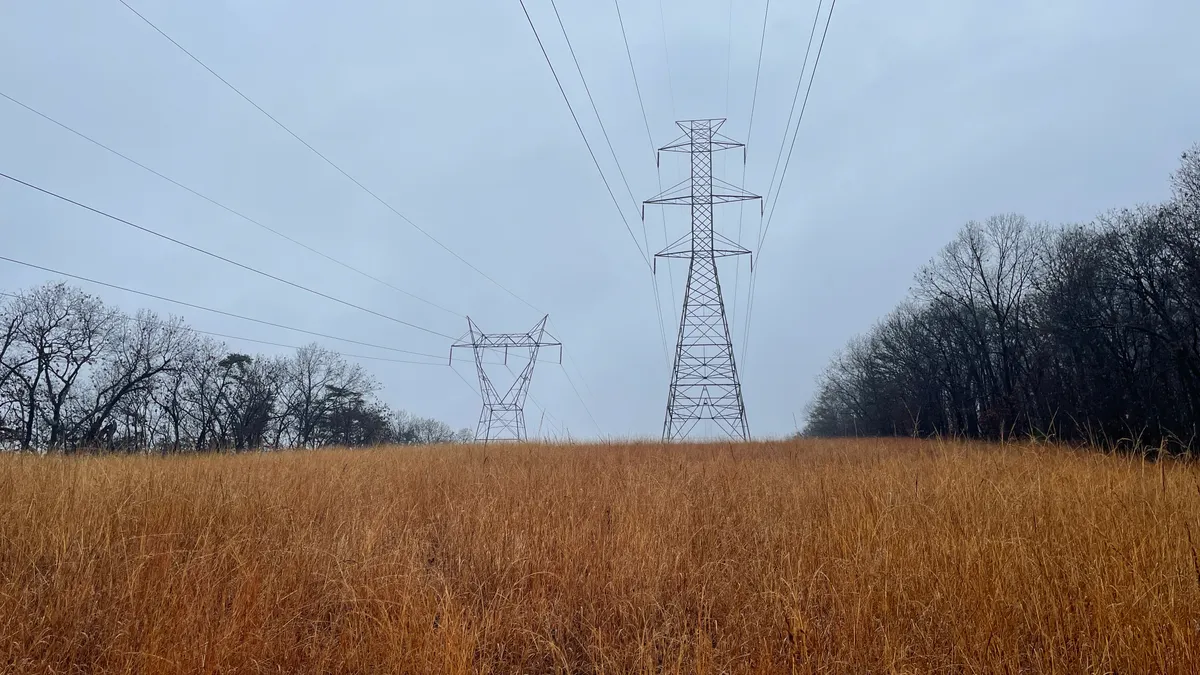Dive Brief
- Massachusett regulators gave final approval last month for Eversource, National Grid and Unitil to invest a total of more than $450 million over four years for grid modernization.
- The electric distribution companies will improve technologies for grid monitoring, communication and automation.
- Acadia Center, an environmental advocacy group, sees little emphasis on environmental justice in the grid modernization plans.
Dive Insight:
The Oct. 11 order by the Department of Public Utilities is intended to achieve measurable results like improved storm restoration and address climate change, the agency said. The first grid modernization plans were approved in May 2018 and included spending and demonstration projects deployed in 2018 through 2021.
DPUC Chair Matt Nelson said grid modernization investments will keep Massachusetts on course to achieve its clean energy and climate goals.
Next up: The DPU is reviewing remaining proposals in the grid modernization plans related to interconnecting, managing, monitoring and dispatching distributed energy resources and advanced modeling and forecasting technologies.
It’s also reviewing the advanced metering infrastructure implementation plans proposed by the companies.
Massachusetts regulators in 2014 ordered the state’s utilities to develop a grid modernization plan, but different approaches hindered efforts to follow through. Utilities were to reduce the effects of outages, optimize demand to reduce system and customer costs, integrate distributed energy resources and improve workforce and asset management.
Acadia Center, an environmental advocacy group, said last year it’s concerned the proposed plans include “minimal or no mention of environmental justice principles” and that the timelines for putting in place time-varying rates are too slow.
Kyle Murray, senior policy advocate at Acadia Center, said in an email Wednesday the analysis for the most part “still holds.”
Recent climate legislation in Massachusetts includes a grid modernization advisory council that Murray said will help address many of the issues “we pointed out here through a more robust stakeholder input process.”
Acadia Center’s comments on the grid modernization plan were mostly focused on new investments, he said.
Among other criticisms, Acadia Center said the use of an opt-in program “vs. opt-out” would hinder customer participation in time-varying rate programs.
Acadia Center also faulted what it says is a “significant discrepancy” in some costs and assumed benefits in filings by Eversource and National Grid.














